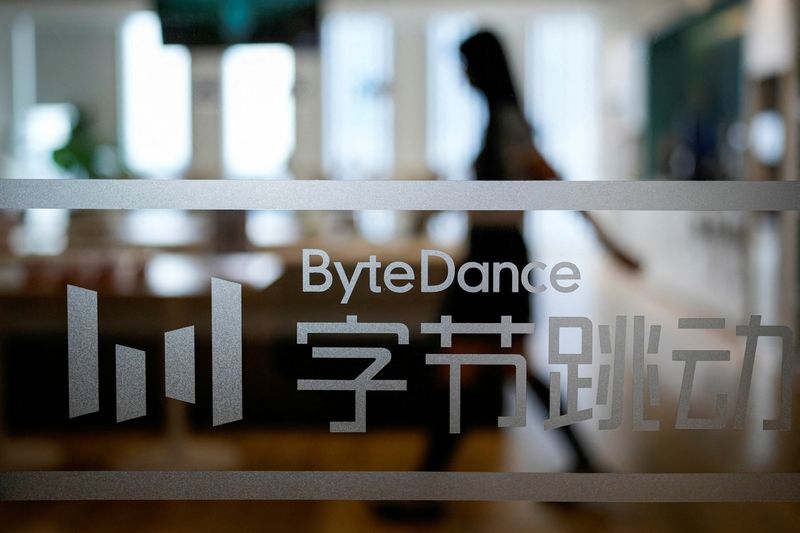China’s ByteDance, the parent company of TikTok, has recently initiated a lawsuit against a former intern, Tian Keyu, seeking damages of 8 million yuan (approximately $1.1 million). The lawsuit was filed in the Haidian District People’s Court in Beijing and accuses the intern of intentionally sabotaging the company’s artificial intelligence (AI) large language model (LLM) training infrastructure. This legal battle has garnered significant attention within China, particularly in the context of the ongoing global race in the field of AI technology. Such a high-profile case involving an intern is rare, making it a noteworthy event in the business and technology landscape.
The allegations against Tian revolve around claims that he manipulated code and made unauthorized changes that targeted the training tasks of ByteDance’s AI models. According to an internal memorandum referenced by the Legal Weekly, Tian’s actions are said to have directly impacted the company’s AI development efforts. The implications of such a case resonate beyond the specifics of the lawsuit, highlighting the tensions between corporations and their employees amid a rapidly advancing technological environment where AI capabilities are being contested vigorously.
ByteDance has opted not to publicly comment on the specifics of the lawsuit. However, the company maintains that rumors circulating about the extensive financial losses resulting from the incident—reportedly amounting to millions of dollars and involving the compromise of over 8,000 graphics processing units—are exaggerated. This assertion reflects ByteDance’s efforts to manage its public reputation and control the narrative surrounding the internal incident. It also marks a broader theme in the tech industry related to the safeguarding of proprietary technology and the competitive pressures companies face in the burgeoning AI sector.
The context of the lawsuit is significant, as it comes at a time when companies worldwide are racing to develop advanced AI technologies. Generative AI, which encompasses the creation of vast amounts of data-based outputs such as text or images, has seen explosive growth and interest, prompting tech firms to invest heavily in AI research and development. ByteDance, as a prominent player in this field, has a vested interest in protecting its intellectual property and maintaining the integrity of its technological advancements against any internal threats.
Additionally, the legal action underscores the complex nature of employment relationships within the fast-evolving tech industry in China. Lawsuits between corporations and their employees are not uncommon; however, a case targeting a former intern for such a substantial amount raises questions about employee treatment, corporate values, and the challenges tech firms face in fostering a secure innovation environment. As AI technology becomes increasingly crucial to business operations and competitiveness, issues like this will continue to resonate throughout the industry, prompting discussions about ethics, oversight, and accountability.
In summary, ByteDance’s lawsuit against Tian Keyu serves as a prominent example of the struggles faced by technology companies in protecting their AI-related assets amid a competitive landscape characterized by rapid advancements. The case reflects broader conversations about workplace dynamics, employee responsibility, and the importance of ensuring that emerging technologies are developed and safeguarded responsibly. As the reaction to this lawsuit unfolds, the implications for the tech industry, both in China and globally, will warrant close attention.

